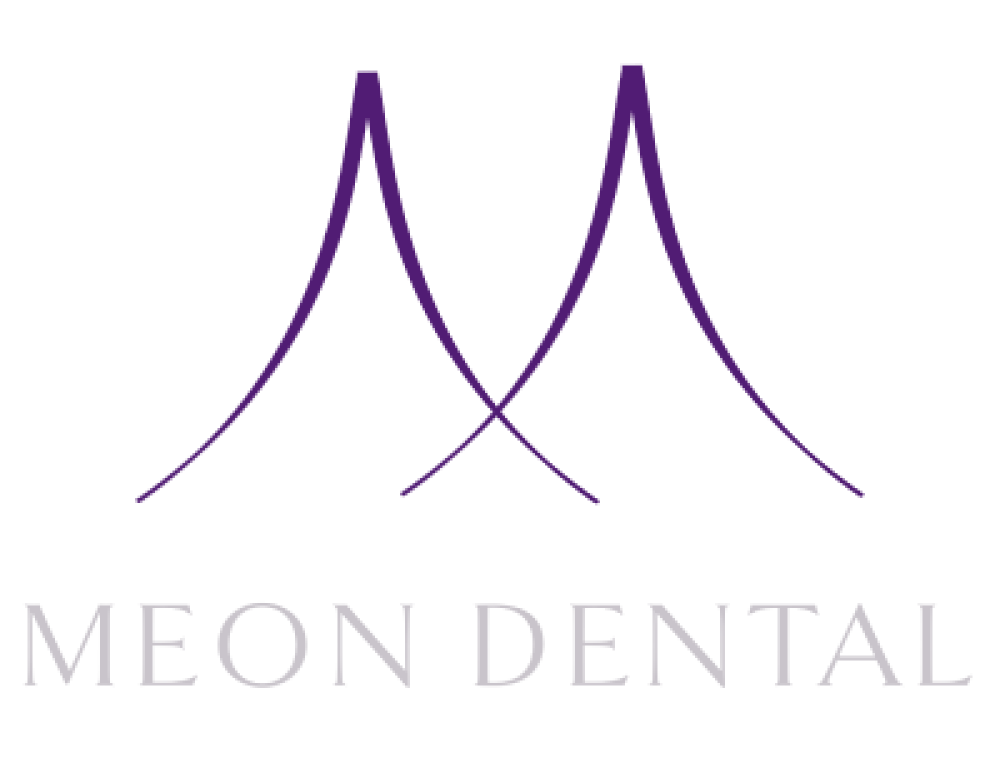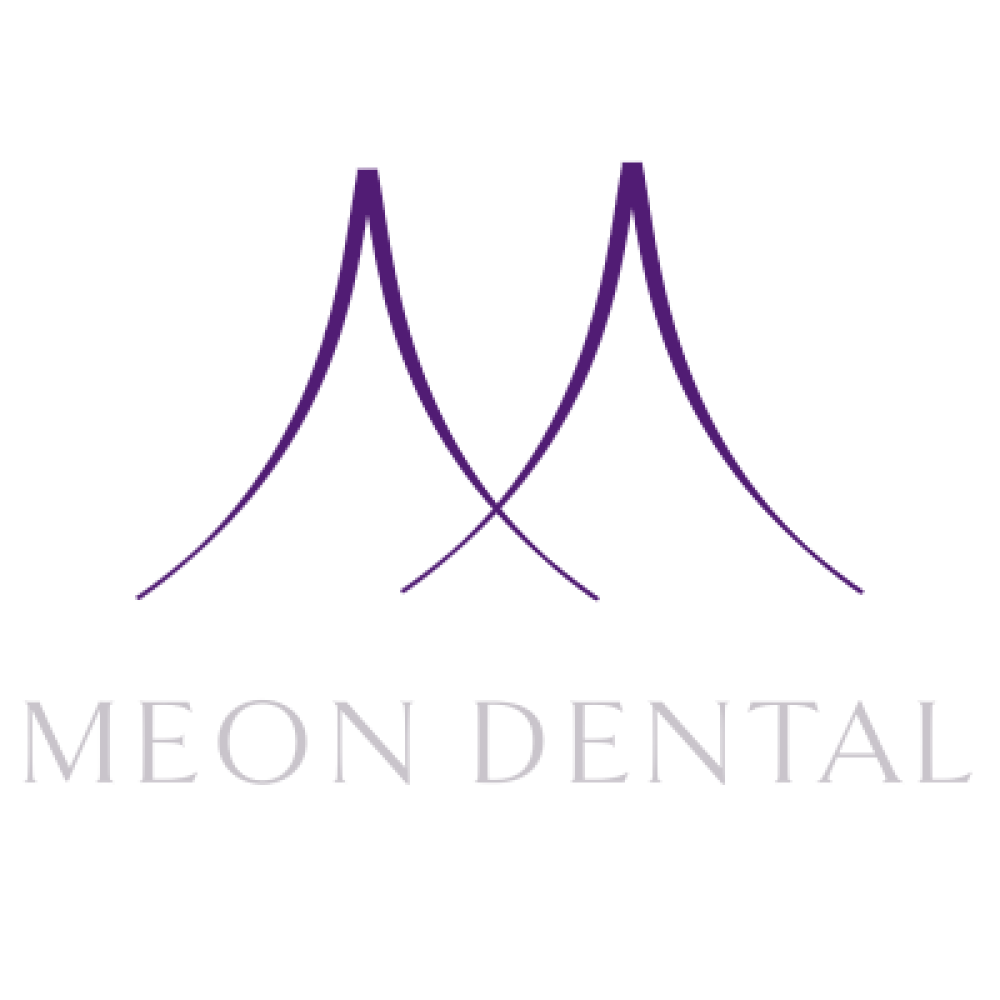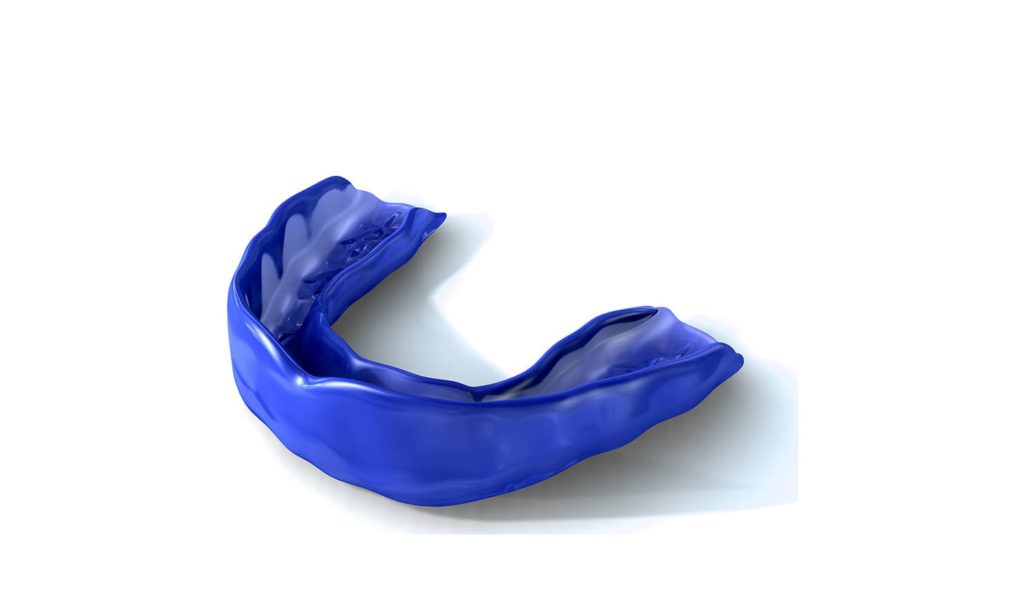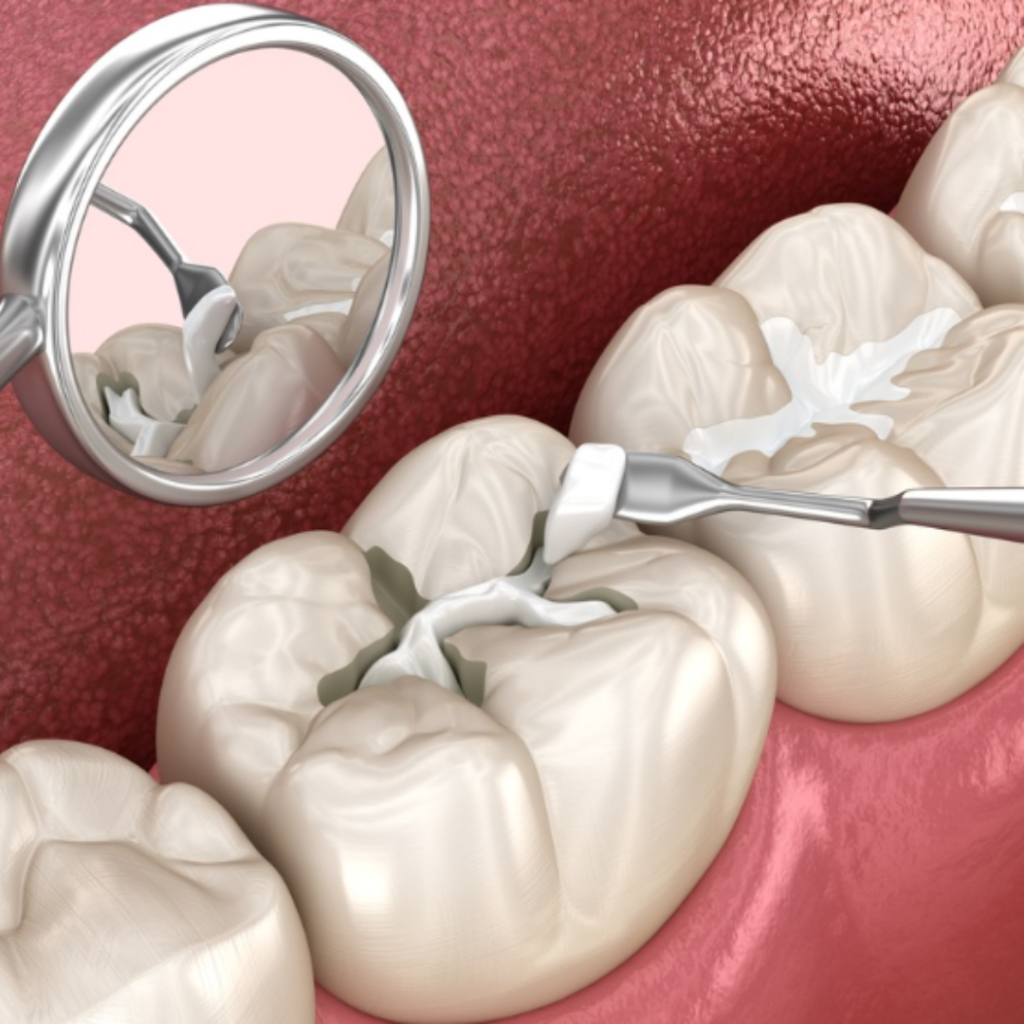What Dental Issues Can a Mouthguard Prevent?
Teeth grinding, scientifically known as bruxism, is a common dental condition that affects millions of people worldwide. Often occurring during sleep, teeth grinding and clenching can lead to various oral health problems, from worn enamel to jaw pain. Fortunately, there’s a simple yet effective solution: mouthguard. In this article, we’ll explore why mouthguards are essential for preventing teeth grinding and clenching and how they can help you safeguard your oral health.
Understanding Mouth Grinding
Before delving into the importance of mouthguards in this paragraph, it’s crucial to understand bruxism. Bruxism involves the involuntary grinding, clenching, or gnashing of teeth. It can occur during the day (awake bruxism) or while you sleep (sleep bruxism). This condition often goes unnoticed, but its consequences can be severe.
The Consequences of Untreated Bruxism
Firstly, untreated bruxism can lead to various dental and health issues, including:
- Tooth Damage: The continuous grinding of teeth can cause enamel to wear down, leading to tooth sensitivity and an increased risk of cavities.
- Jaw Pain: Bruxism places excessive strain on the jaw joint, resulting in jaw pain and even temporomandibular joint disorder (TMD).
- Headaches: The muscle tension associated with bruxism can lead to frequent headaches, especially in the morning.
- Sleep Disruption: Sleep bruxism can lead to sleep disturbances, affecting not only your oral health but also your overall well-being.
The Role of Mouthguard
Mouthguard, known as night guards, gum shields, or bite guards, are custom-made dental appliances because they designed to protect your teeth and jaws from the adverse effects of bruxism. Here’s why they are crucial for preventing teeth grinding and clenching:
- Protection from Tooth Wear: A properly fitted mouthguard is a cushion between your upper and lower teeth, preventing direct contact and reducing the risk of enamel erosion and tooth damage.
- Jaw Muscle Relaxation: Mouthguards encourage the relaxation of the jaw muscles by providing a barrier between the upper and lower teeth. This can help alleviate jaw pain and discomfort.
- Improved Sleep Quality: By minimising the noise and discomfort associated with bruxism, mouthguards can improve sleep quality for both the person with bruxism and their sleep partner.
- Preventive Dental Care: Mouthguards play a vital role in preventive dentistry, as they can help you avoid more extensive and costly dental treatments that may become necessary due to untreated bruxism.
Types of Mouthguard
There are various types of mouthguard available, including over-the-counter options and custom-made guards provided by a dentist. Custom-made mouthguards are typically the most effective and comfortable, as they are tailored to fit your teeth precisely.
Mouthguard is an essential tool in the fight against bruxism. They protect your teeth from the damaging effects of grinding and clenching, promote better sleep, and reduce the risk of dental and jaw-related problems. If you suspect that you or a loved one may be experiencing bruxism, consult with your dentist to discuss the benefits of a custom-made night guard.





